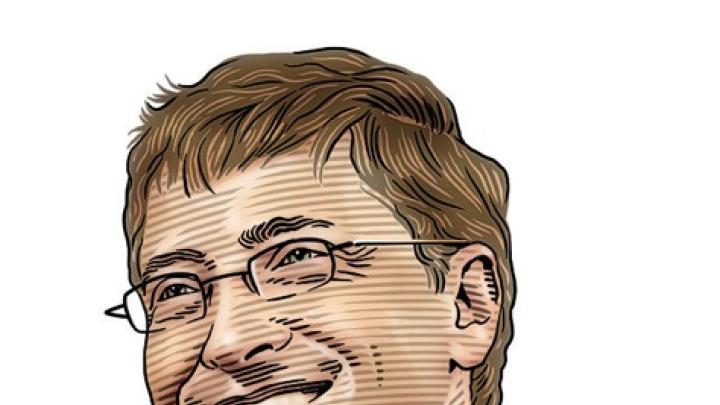When I spoke at Harvard’s commencement a few years back, I admitted to just how limited my worldview was when I studied there, and how little I knew about the terrible problems and inequities facing the world’s poor.
At its 375th anniversary, Harvard is a much different place than it was in the early 1970s: more diverse, less isolated, more focused on the wider world beyond the confines of Cambridge. More faculty members are concentrating on research and projects that directly help the poor, and more students are pursuing experiences and careers in community and public service.
For example, Paul Farmer’s work in community health and human rights, and the inexpensive “lab-on-a-chip” medical diagnostic devices of George Whitesides, are leading to breakthroughs in healthcare in the developing world. Nearly 20 percent of graduating seniors applied for Teach for America last year, and Harvard applications to that program have increased by more than 50 percent in the past two years.
In her 2010 Commencement address, President Drew Faust articulated two fundamental purposes of higher education: to equip students “with the capacity to lead fulfilled, meaningful, and successful lives,” and “the development of talent in service of a better world.”
As the University contemplates what kind of institution it wants to be a quarter-century from now, it’s my hope that this embrace of a broader worldview grows exponentially, stimulated by strong institutional leadership and exemplary action by students and faculty alike.
I remain, at my core, a technologist and an optimist. I see in my work every day the remarkable impact that innovation can have in education, development, global health, and energy. Those breakthroughs are born of basic science and creative collaboration among the best and brightest.
Harvard is a unique institution whose position and talent represent a tremendous resource for the world. With such immense advantages come real responsibilities.
Harvard started its life dedicated to service, and I can’t think of a better way to chart a future course than to clearly articulate a mission for the University that calls on students, faculty, staff, and alumni to dedicate at least part of their lives to helping solve the world’s biggest problems in whatever way they can. I would challenge Harvard to judge itself over the next 25 years by the same yardstick I proposed to the class of 2007—namely, that it not only had improved the lives of its students, but the lives of the world. As I said then:
I hope you will reflect on what you’ve done with your talent and energy. I hope you will judge yourselves not on your professional accomplishments alone, but also on how well you work to address the world’s deepest inequities, on how well you treat people a world away who have nothing in common with you but their humanity.
This would be a legacy worth cheering about.
Bill Gates ’77, LL.D. ’07, is the founder and co-chair of the Bill & Melinda Gates Foundation and chairman of Microsoft.








